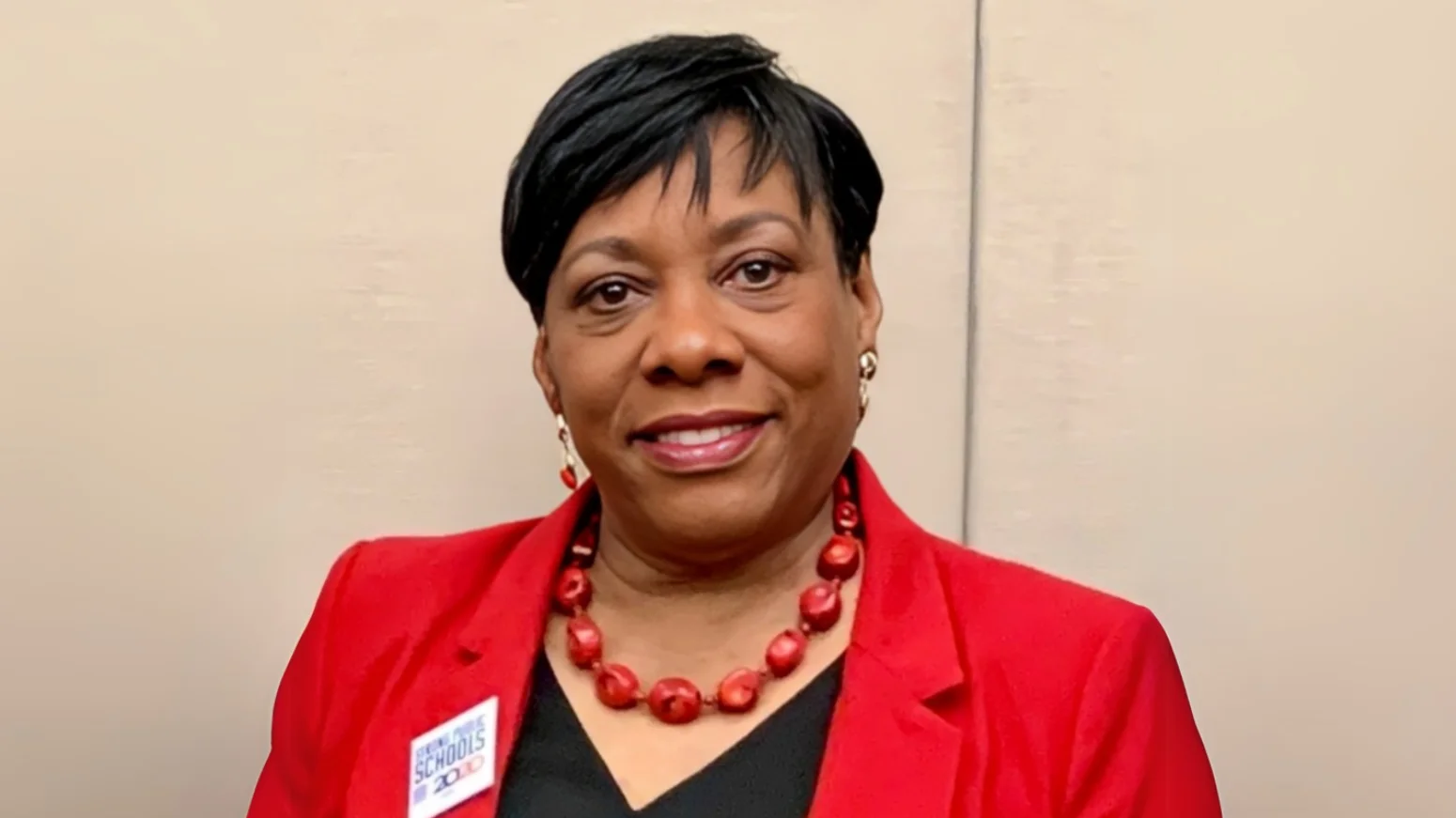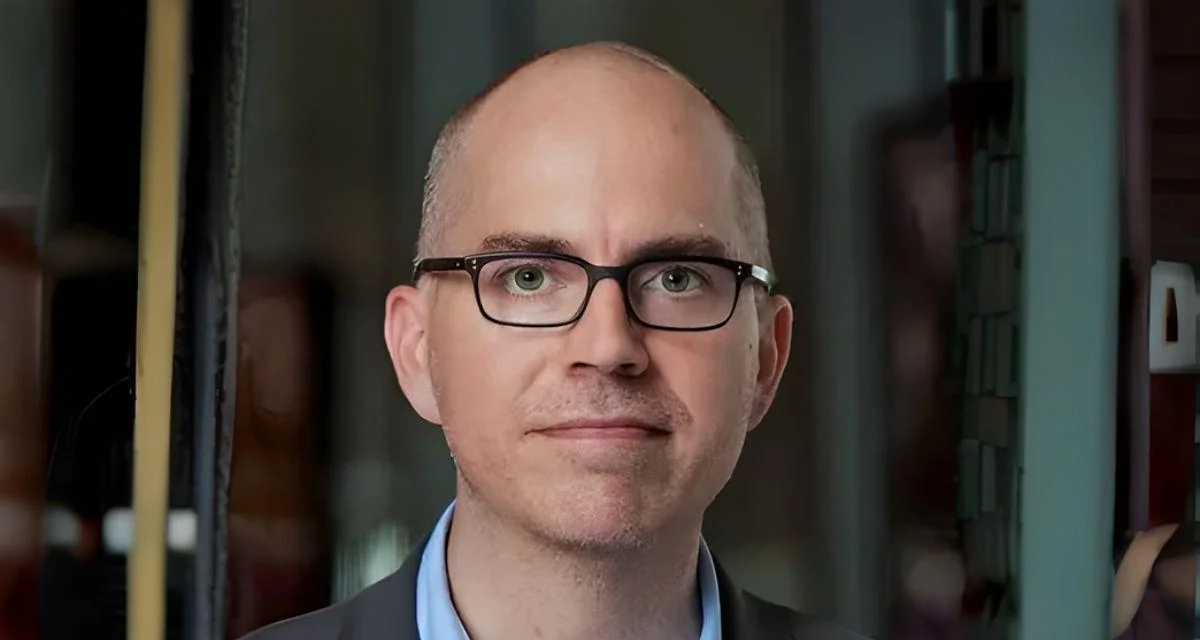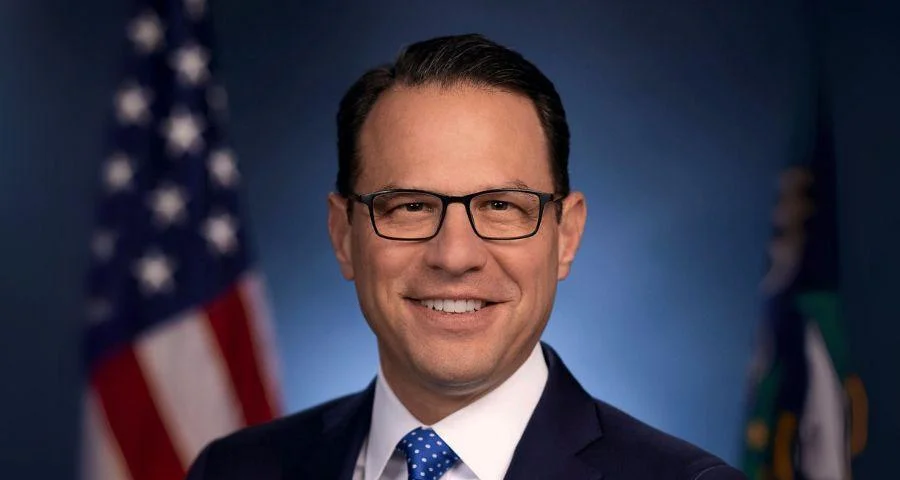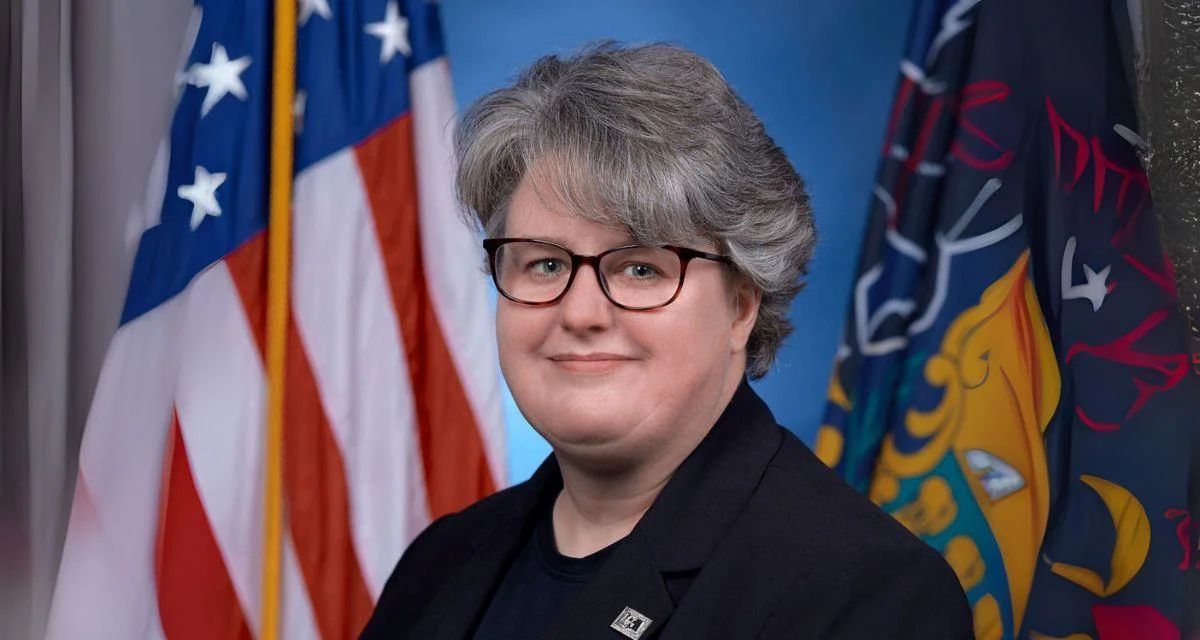
Rebecca Koenig Interim Senior Editorial Director | EdSurge Research
The fate of Head Start programs in rural areas across the United States faces uncertainty, stirring concerns among providers and beneficiaries. Jodi DeCesari, Executive Director of the Okanogan County Child Development Association, oversees nine Head Start centers in north central Washington. These facilities serve as a lifeline for nearly 160 children in the region, providing child care for families at or below the federal poverty line. Recently, she has been fielding numerous inquiries from concerned families asking, "Are you closing?" or "Should I be worried?"
The anxiety arises from the Trump administration's potential decision to cut the Head Start program, a long-standing component of the War on Poverty. This initiative has aided an estimated 40 million families over six decades. It is currently under threat as part of Project 2025—a plan by the Heritage Foundation aimed at reducing government costs. While the administration has yet to release the fiscal year 2026 budget, which may propose ending Head Start, the effects of cost-cutting measures are already palpable in rural America.
Joel Ryan, Executive Director of Washington State's Head Start programs, notes, "I think that they are going to, in the next four years, do all they can to try to dismantle the Head Start program."
Cuts to Head Start programs are expected to severely impact rural communities, where 86 percent of counties have a Head Start center. These programs are sometimes the only child care option available, yet they receive scant funding support.
In Okanogan County, Washington, over 80 percent of child care needs remain unaddressed. In addition to child care, Head Start provides comprehensive services such as health screenings, which have proven crucial. Pam Johnson from Jefferson-Clarion Head Start in Pennsylvania shared a case where early detection by the program prevented permanent hearing loss in a child.
Amid concerns over the future of vaccinations in the program due to statements by Health Secretary Robert F. Kennedy Jr., Head Start providers remain committed to their holistic approach. The program emphasizes the importance of school readiness extending beyond academics alone. According to Casey Peeks of the Center for American Progress, "I think Head Start does set children up for school readiness, but with the understanding that school readiness is so much more than just academics."
Advocates like Goretti Manzo, a former Head Start parent from Washington State, stress the program's long-term benefits, including educational attainment and reduced reliance on public assistance. Manzo explained her journey, resulting in higher education and becoming an advocate herself. She highlights the program's potential to break cycles of poverty and advocates for continued or increased funding, rather than elimination.
"None of these people have money—that’s really what it boils down to," said Ryan, emphasizing the critical role Head Start plays in many communities. The program's risk of termination threatens not only the children directly involved but also the broader economic landscape by potentially removing a pivotal support system, especially for working families. Despite these challenges, Head Start proponents are determined to maintain the program's presence and impact.





 Alerts Sign-up
Alerts Sign-up